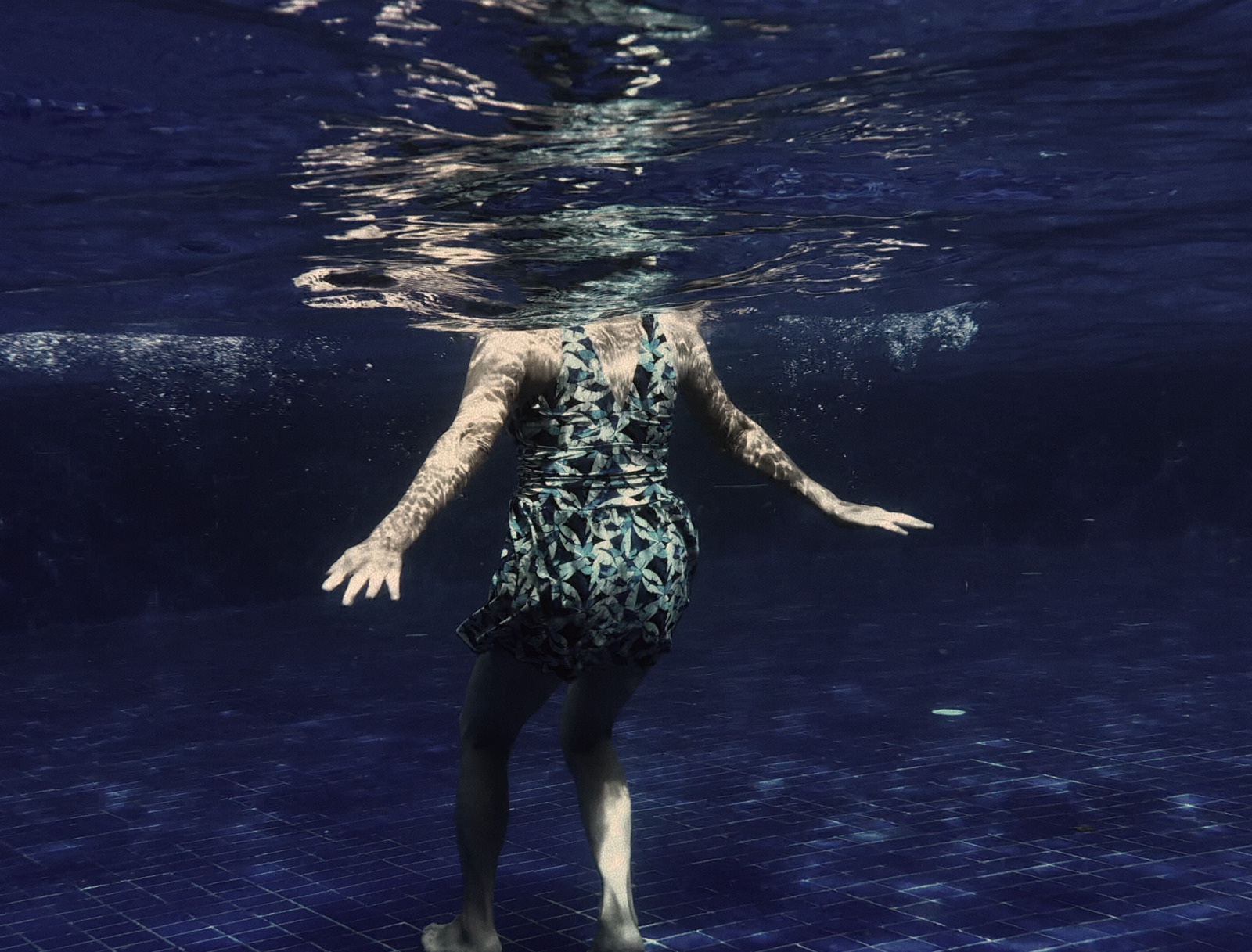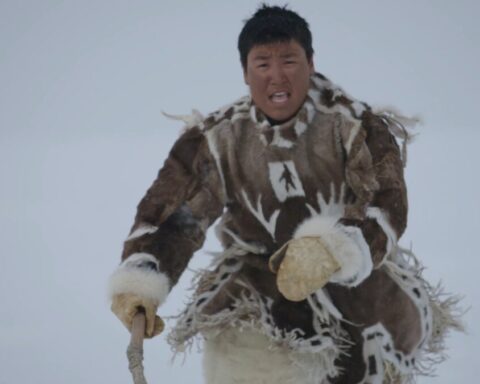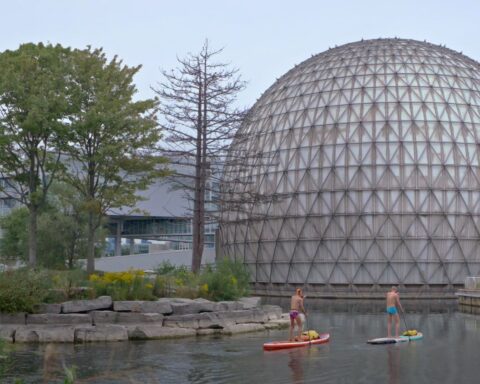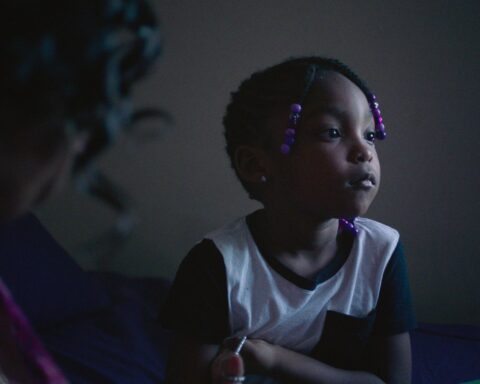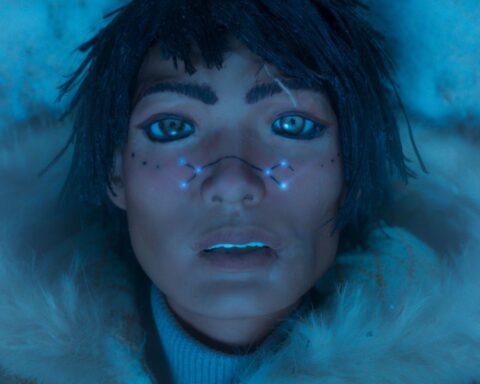Upstream
(Canada, 71 min.)
Dir. Xin Liu
Program: Canadian Spectrum (World Premiere)
“I don’t understand. Those salmon are born in the river and then head to the ocean,” says director Xin Liu in Upstream. “A few years later, they travel thousands of kilometers back to their birthplace, but they are no longer adapted to the freshwater. They’ve lived in the ocean for too long.”
These observations from the offscreen narrator, named “I” as a surrogate for Liu, appear at the midpoint of Upstream. They’re a casual remark, but they offer the moment in which the film comes together. Blink and you’ll miss it, left to adrift while swimming against the current.
The film is an experimental hybrid work about the migration patterns of humans and non-human animals. On one hand, there’s Liu, who returns to his hometown of Harbin, China after a decade abroad. Like the salmon to which the film intermittently cuts, the narrator is swimming upstream. He travels across China by train. All the while, he observes a land both strange and new. He wonders if the land has changed, or if he has. Either way, he’s been in the ocean for long.
Ambitious, Experimental Filmmaking
Upstream arguably gets the honour as the most unconventional work in the Canadian Spectrum at Hot Docs this year. Liu’s unique feature, made during his time pursuing a Master’s degree at York University, demands a lot from viewers. The 71-minute film, for example, offers its title card at the 51-minute mark, if audiences who favour convention want a sense of what they’re in for. It’s a journey that’s only just beginning by the time the final credits roll. However, it may reward the cinephiles willing to crack it—or, more likely, those who have the chance to see it twice.
The narrator himself only makes sense of the images as he records them. He visits friends and an ex-lover during his travels. The years obviously take effect on these relationships and while they reconnect best they can, the narrator wonders if their friendships endure. More aptly, he’s curious about the impact of this changing environment on his friends. The scenario—not entirely factual, maybe partly fictional—lets the narrator speculate about who he might have been if he’d stayed.
Roaming handheld shots observe cramped trains as fellow travellers mirror the patterns of the salmon. Evidence of COVID-19 is everywhere and the narrator discusses tests, precautions, health, and safety with friends and travellers. The pandemic adds an element to the film’s consideration of mobility. The ability to travel upstream is something the narrator considers anew after many years.
A Wildlife Gaze
Liu draws upon his background as a wildlife photographer to capture the land and the creatures that roam across it. Nearly all the film is shot from a roving first-person point of view. Audiences see China’s relationship to a globalised world from the eyes of a creature returning home. Even though he’s back in familiar waters, the narrator seemingly swims back to foreign land. Gaudy tourist attractions and fluorescent lights pepper the landscape, punctuating the nature photography with dots of western influence. Liu lets viewers bask in the surroundings of this land as the narrator acclimatizes himself. Long takes let viewers slide down a long and slippery ice tunnel in a region celebrated for its ice—something the director presumably appreciates anew after Canadian winters.
Upstream, however, is more about the shots than it is the story. The pieces eventually form a whole if one marinates in Liu’s kaleidoscopic essay spin on Last Train Home willingly. Images of ice and destruction evoke a sense of places frozen in time and undone by inertia. The film ends with an ode to a bridge ruined by ice flows, while a group of locals sings “Red River Valley” in Mandarin. Why this song, nobody knows, but it offers an appropriate collision of cultures that makes Upstream worth the endurance swim. The lyrics of “Red River Valley” wax nostalgic, but the narrator doesn’t seem sure if he’ll hasten to bid China adieu.




